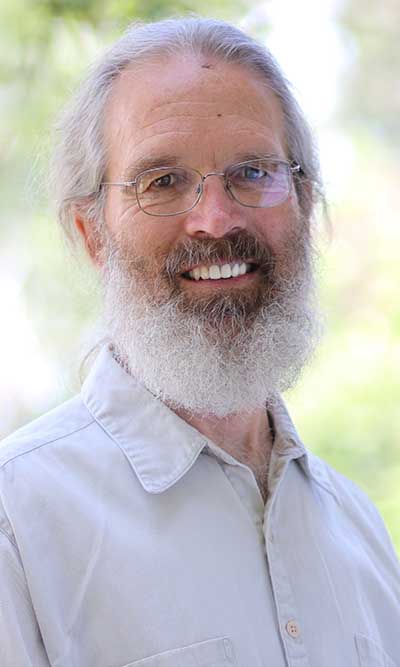Within a well-functioning democracy, the process by which we choose our leaders is at least as important as whom we choose. The quality of the conversation we have about elections, board culture and leadership qualifications matters as much as the election itself. This Field Guide describes an effective process for board officer elections and provides some specific tools and ideas for creating and implementing this process. As you consider how to implement or adapt these suggestions, remember that the election is a particular event that punctuates an ongoing tale of board leadership succession; you may want to review the “Planning for Board Leader Succession” Online Recorded Workshop to place this Field Guide in its proper context.
The attributes of a good process
- It is a plan based on our expectation that we will have turnover of board leadership.
- All directors have confidence in the outcome. If we trust the legitimacy of the process, then we can more easily accept the legitimacy of the officers’ authority to make decisions.
- All directors know what to expect. The process is consistent and transparent from year to year, so that each director understands their role in (and duty to) the process.
- Every director gets to participate equally; each person’s voice is heard and incorporated throughout the process.
- This part of the board’s annual work cycle is relatively easy and straightforward, so we can get back to our primary role of leading the cooperative on behalf of our owners.
Laying the foundation for a good process
- Positive group dynamics. (see “Building a Positive Board Performance Culture” Field Guide)
- Good existing leadership (see the “How to be a Successful Board President” Online Recorded Workshop)
- An expectation that all directors will take leadership in some fashion (again, see “Planning for Board Leader Succession”)
- A shared understanding of the officers’ roles, written in the form of job descriptions or Governance Process policies. (see CBLD Policy Template for suggested language)
Including officer elections in your annual work/planning calendar
- Check your bylaws and policies for procedural and timing requirements for officer elections.
- Regularly review your policies (or job descriptions) about officers. During this review, you can assess both the effectiveness of the policy and the current officers’ performance.
- Schedule a “reminder” agenda item 2-3 months in advance of the election. Make sure that all directors are aware of the upcoming officer election, and ask people to consider running.
- No later than 1 month in advance, have a specific conversation about officer succession and find out who is interested in the positions.
- Discuss the qualifications and desired attributes for officers.
- Discuss who might best fill the roles.
- Review and prepare for the actual decision-making mechanisms as described below.
The election itself
- Allow enough time on your agenda to include all the necessary steps.
- Make your decisions one at a time, beginning with president and then moving through your remaining officer positions.
- Take nominations. Allow and prepare for nominations (from self or others) at any point in the process, including up to the moment of the election.
- Use written/secret ballots in the case of contested seats.
- Appoint by consensus or voice vote in the case of uncontested seats.
- Affirm and record your decisions.
- Thank everyone who ran for a position but was not chosen, appreciate those who have agreed to serve, and celebrate!
Keep the conversation going: Questions to consider
- How can you continue to include Board leadership succession in your board learning and process?
- How can your board develop the leadership potential of all directors?
- How can you use your leadership positions to benefit your board and your cooperative?
Additional Resources:
- For other resources about planning the Board’s annual work cycle, see the “BoD Annual Planning Calendar sample”
- For more ideas about building a Board full of leaders, see the Perpetuating a Strong Board Online Recorded Workshop
Have more questions?
Get in touch with one of our consultants.


